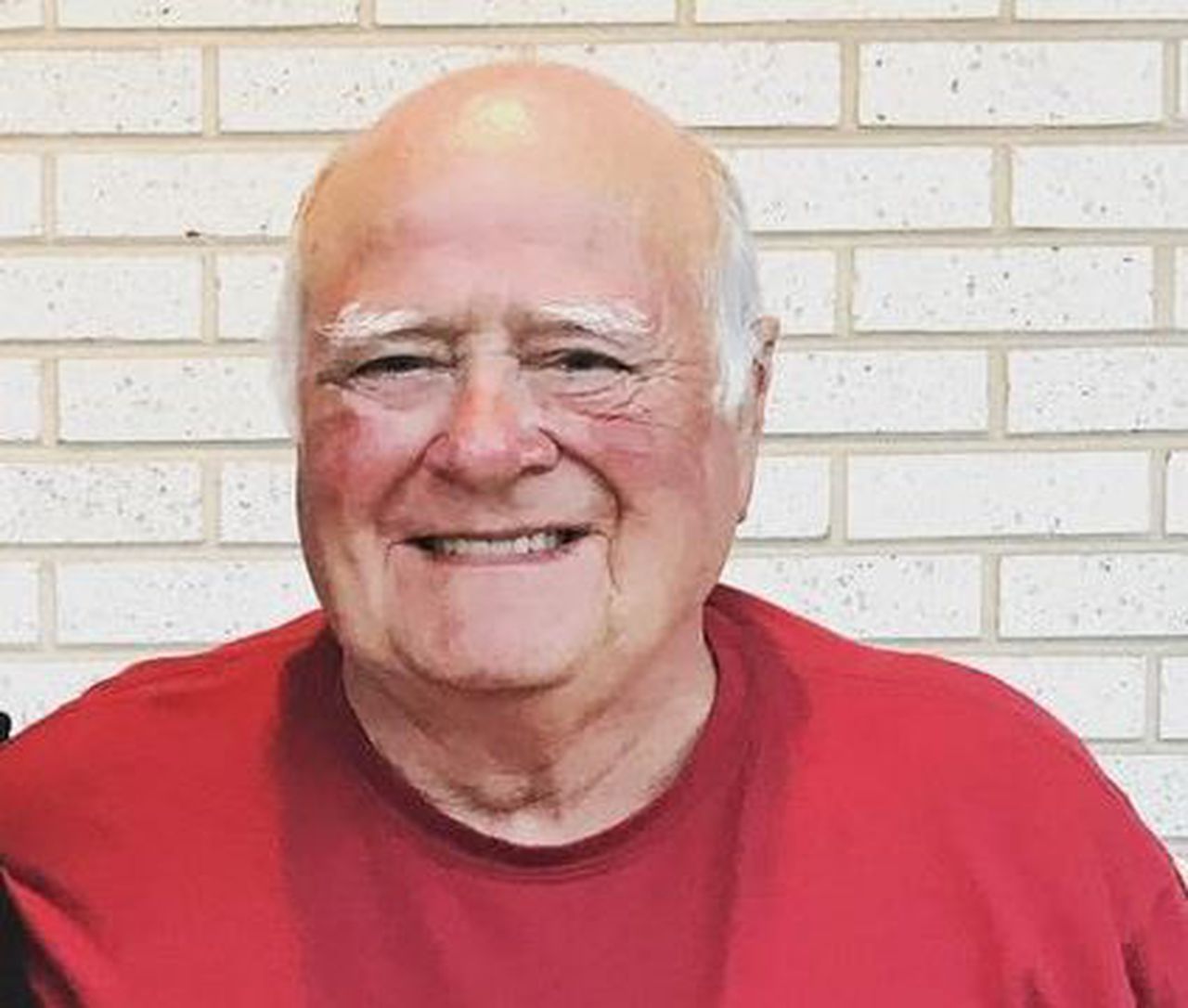Quiet hero’s generosity never should have been necessary
This is an opinion column.
It’s important to remember that for every jerk in this world, there are people like Hody Childress.
When Childress died on New Year’s Day, few folks outside DeKalb County, Ala., had reason to know who he was, but soon after, news spread of his quiet generosity. For about the last 10 years, Childress had brought the pharmacists at Geraldine Drugs a $100 bill each month.
He told the folks there to help someone in need. And not to tell anybody where it came from.
They kept his secret until he died. And then it became a posthumous phenomenon.
Google Hody Childress today, and you’ll find stories in the national press and from overseas. Pharmacists in DeKalb County and elsewhere have said others have taken up his baton, donating in secret to help the less fortunate pay for healthcare.
I wish I could feel good about that, but I don’t.
I’m not here to knock Childress. The world needs more folks like him.
But his generosity should never have been necessary.
It’s not news that the American healthcare system is broken. That’s obvious to everyone who makes use of it.
At nearly every doctor’s visit or trip to a pharmacy, there’s a person behind a counter who’s going to give you a number, and whatever that number is, you’ll have to pay it.
That number could be $5.
That number could be $5,000.
Maybe it’s $100.
But hardly anybody can know what it might be before they hear it — or if the number they’re given is even right.
The folks at Keiser Health and NPR have made a regular gig out of this phenomenon, investigating the surprise bills given to people who thought they were covered.
A man who got a $38,398 bill for getting a shot.
A woman charged $18,000 for a biopsy that would have cost less had she not been insured.
A woman billed $2,185 for a colonoscopy, even though the Affordable Care Act mandates insurance companies cover fully preventative cancer screenings.
If you’ve made use of our healthcare system, you’ve likely had some similar issue. I’m lucky that my wife is hawk for these sorts of bogus charges, and I wish I’d kept a tally of every time the system tried to stick us with something we weren’t supposed to pay.
In any other economic sector, we might call such a thing a scam.
But those of us with insurance are the lucky ones.
And in Alabama, there are a lot of unlucky people left with no coverage at all for no reason except our public officials are afraid to admit they made a mistake.
In Alabama, our public officials have stubbornly refused to expand Medicaid, and they’d rather let their own constituents go broke, get sick or die than change course.
Medicaid expansion isn’t for freeloaders, but for working people — folks who make too much to qualify for Medicaid now but too little to afford insurance.
Expanding the program would benefit between 250,000 and 300,000 people in this state.
As it is, we’ve long ago lost track of how many billions in federal dollars Alabama has turned away.
Several polls have shown now that even a majority of Republicans favor Medicaid expansion.
But our elected officials won’t budge.
When asked, Gov. Kay Ivey, like Gov. Robert Bentley before her, has asked where the matching money would come from and pleaded poverty. We don’t have it, she’s said.
Well, guess what? This year, our state is running a healthy surplus. Alabama, for once, is so far in the black that lawmakers are talking about handing checks back to people.
Who do they think they are? Joe Biden?
Surely, nobody’s going to turn away a tax rebate. Perhaps a few will put it to good use. Maybe a few folks will follow Childress’s example and help out someone in need.
But if the system worked, they wouldn’t have to.
Hody Childress is proof there are good people in the world.
But not so many in public office.
Kyle Whitmire is the state political columnist for the Alabama Media Group, 2020 winner of the Walker Stone Award, winner of the 2021 SPJ award for opinion writing, and 2021 winner of the Molly Ivins prize for political commentary.
